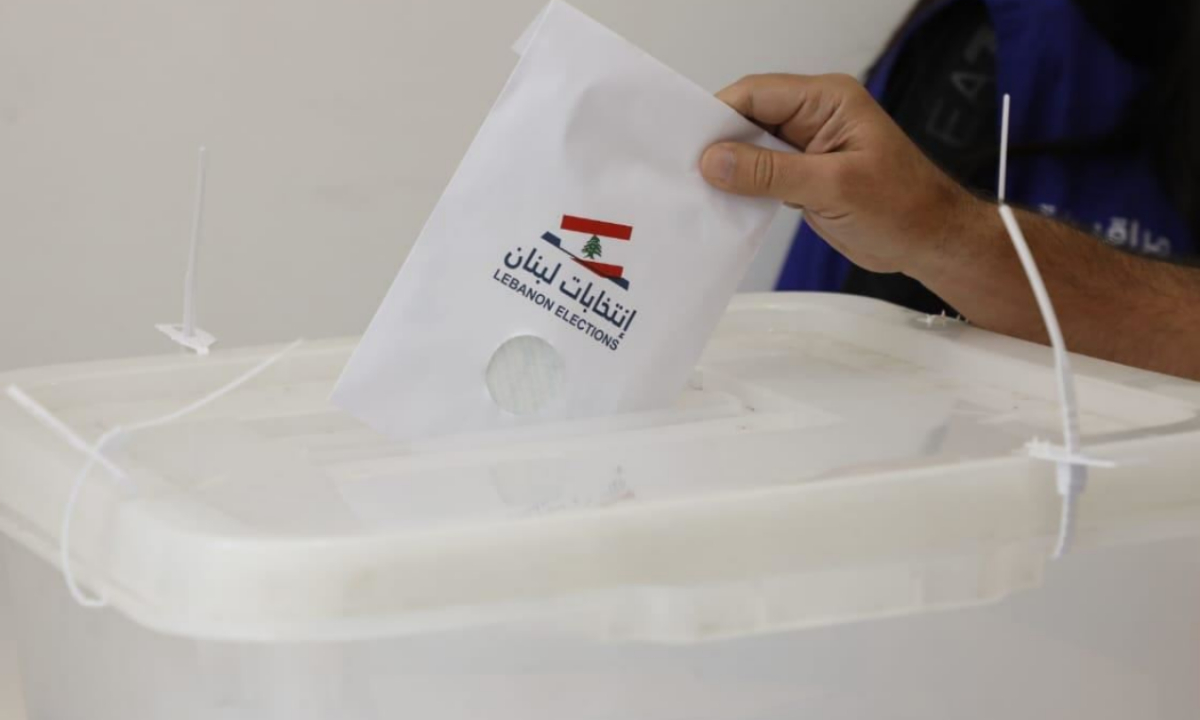The people of Lebanon got to elect a 128-member parliament, a dozen of which are independent as Reuters reported on Tuesday.
Lebanon’s Prime Minister Najib Mikati met with Qatar’s envoy to the country Ibrahim Al Sahlawi in Beirut on Wednesday following the Lebanese parliamentary elections.
According to Qatar’s Ministry of Foreign Affairs (MOFA), the Gulf state’s diplomat congratulated Mikati on the success of the elections, which took place on 15 May and were the first since 2018. Al Sahlawi also renewed Qatar’s support for Lebanon’s security and stability.
“These are the results of democracy, and the State of Qatar has always stood at an equal distance from all the political parties in Lebanon,” said the Gulf state’s official, commenting on the elections’ results, as quoted by Beirut’s news agency (NNA).
The latest Lebanese elections come after the 2019 revolution, where demonstrators called on the ruling elite to step down. With an absence of change, Lebanon has since witnessed a continuous economic collapse, worsened by the 2020 Beirut explosion and the Covid-19 outbreak.
“I have tried voting them out before but this time, it’s personal and we are angry. We want justice. We can no longer remain quiet and watch them lie to us, disrespect us and strip away the dignity and pride of the Lebanese people,” Rita Dahdah, a Lebanese woman working in Qatar, told Doha News after the polls opened in the country on 6 May.
The country’s currency has lost 90% of its value to the US dollar since 2019, with the population unable to access their savings from local banks. This is despite billions of aid that was previously sent to Beirut.
Qatar had previously offered to provide Lebanon with assistance once it forms a government. The Gulf state was the first country to offer direct support for the Lebanese in the aftermath of the explosion, pledging more than $70 million in donations.
Three quarters of Lebanon’s population were pushed into poverty and are living under inflation as a result of the economic situation.
With corruption impacting the country’s state and an absence of accountability for the explosion, the Lebanese saw the elections as their last hope for change. The people of Lebanon got to elect a 128-member parliament, a dozen of which are independent as Reuters reported on Tuesday.
According to Al Jazeera, the Shia Hizbullah movement and its allies won 58 of the seats, dropping from 71 seats in the previous elections. A total of 65 seats are required to secure a majority.
Violence at the polls
Despite what appears to be more hopeful results, violence was seen during the elections. Cases of corruption and violence at the polling stations in Lebanon were reported by the European Union Election Observation Mission.
“The campaign was vibrant, marred by various instances of intimidation, including in front of and in polling stations and on social media, and instances of campaign obstruction. The online space was distorted also by prevalent information manipulation,” it said on Tuesday.
Lebanon society is fragmented into Shia Muslims, Sunni Muslims, Druze, Maronites and other Christian sects. A number of social segments had engaged in a bloody civil war in 1975 that lasted for 15 years.
To date, the people of Lebanon believe the war has left a lasting impact on the country as several officials continue to be caught up in corruption, serving their own interests.
“Elections were overshadowed by widespread practices of vote buying and clientelism, which distorted the level playing field and seriously affected the voters’ choice,” said György Hölvényi, the EU mission’s chief observer, in a press statement.
Qatar’s Foreign Minister Sheikh Mohammed bin Abdulrahman Al-Thani had previously called for the need to address Lebanon’s political divide.
“Unfortunately, the people of Lebanon are under a lot of political pressure from their own political leaders. This is what resulted at the end of the day with what we have seen now with these divisions,” said Sheikh Mohammed in an interview with Newsweek’s podcast, The Diplomat, in January.
The parliamentary elections take place every four years and the candidates at the elections come from opposing political parties and sects. A number of seats are allocated for each sect.







